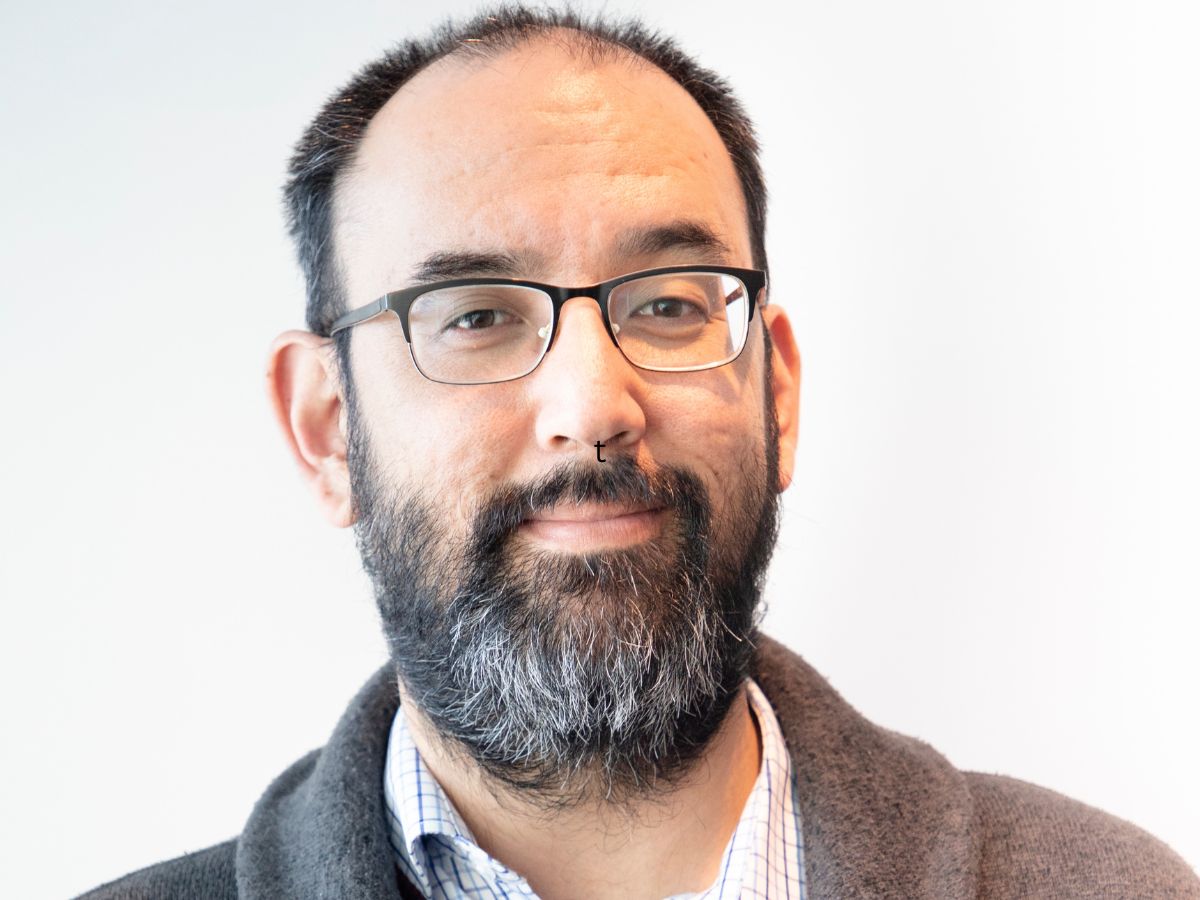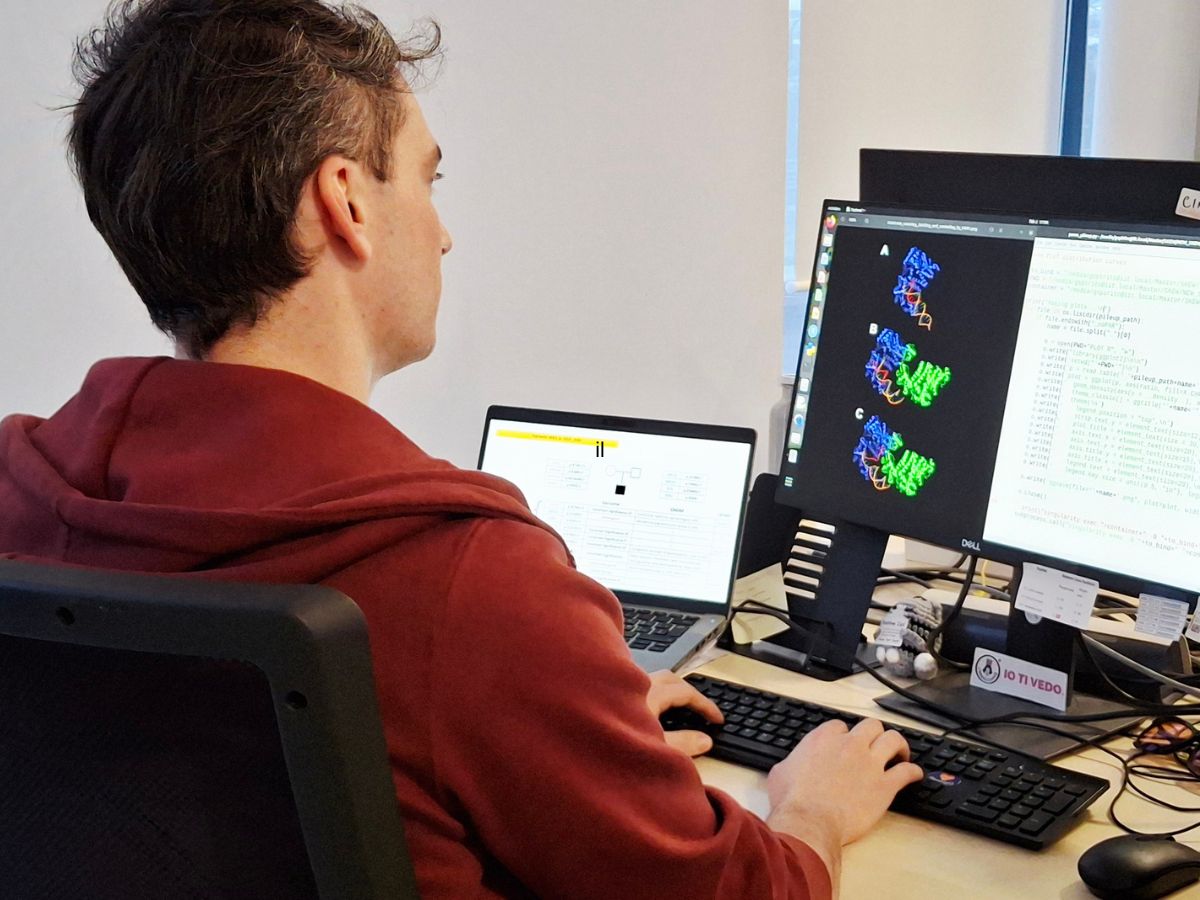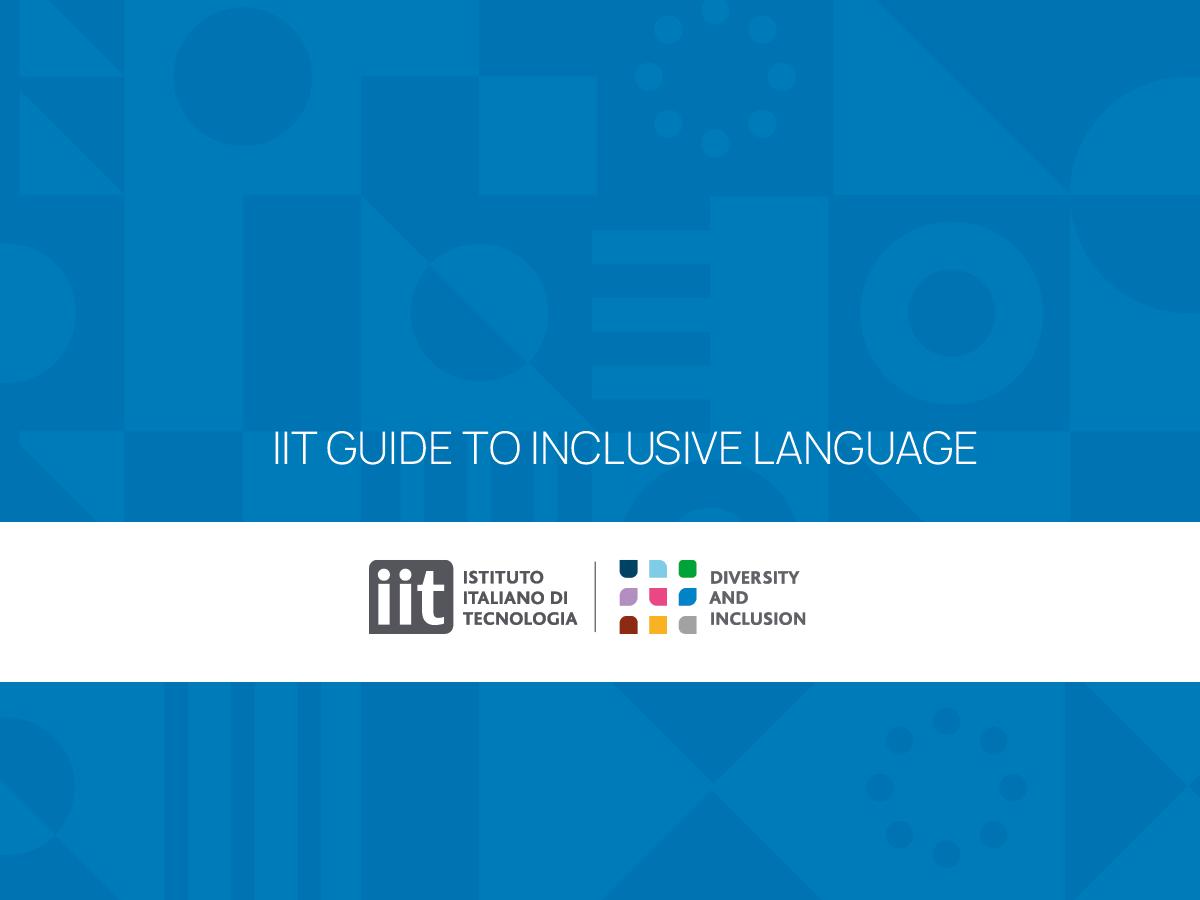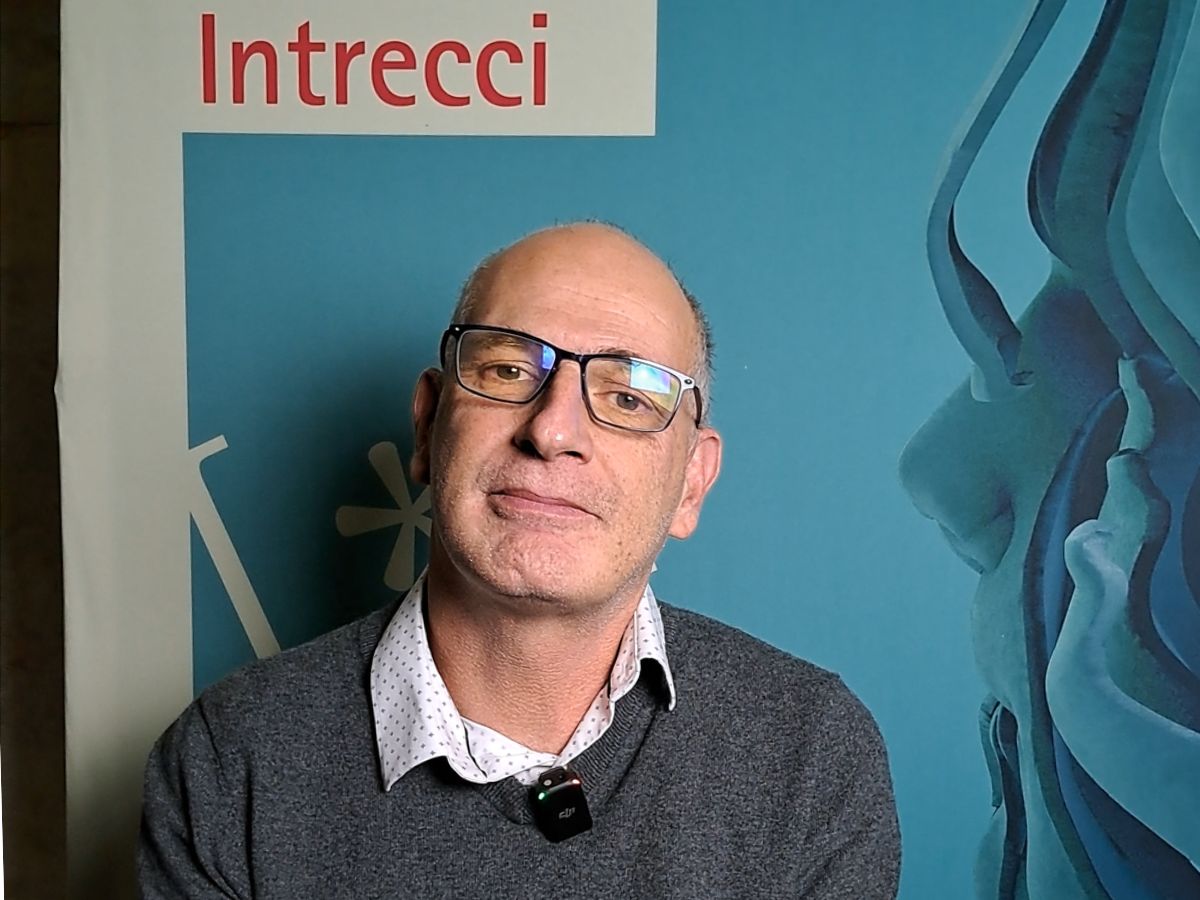The researcher has been working at IIT Rovereto since 2019 and is among the 21 researchers in Italy to have won the prestigious individual grant awarded by the European body for research excellence
Better understanding the heterogeneity of the autism spectrum among individuals is the main goal of Prof. Michael Lombardo, senior researcher at the Italian Institute of Technology (IIT) in Rovereto, Italy. With his research project ‘AUTISMS-3D – Disability versus Difference over Development in the Autisms’, Lombardo was awarded a prestigious European Research Council (ERC) Consolidator Grant. The project will receive around €2 million for the next five years and its main objective will be to test whether stratifying autistic patients according to a profile of different language, motor, intellectual and adaptive functioning skills can better isolate more specific biological markers, manifestations and responses to treatment.
Lombardo is among the 21 researchers in Italy who have won the ‘Consolidator grants’ announced today by the ERC and which are dedicated to researchers with at least seven years of experience after their doctorate, aimed at consolidating their scientific work on projects of excellence. The total European investment is EUR 657 million, as part of the Horizon Europe research and innovation programme, and involves 321 researchers throughout Europe, of 37 different nationalities, who will conduct their projects in 21 different countries.
Individuals diagnosed with autism are characterised by basic early developmental difficulties in social communication and limited repetitive behaviour. Despite these commonalities, autistic individuals are quite heterogeneous in terms of basic biology, manifestation in later life and responses to treatment. With the Autism 3D project, Lombardo aims to better understand this heterogeneity among individuals.
The main foundations of the new project were laid in the previous ERC-funded project, a Starting Grant, which Lombardo won. In the previous study, Lombardo showed that autism can be grouped into at least two primary subtypes, – which can be described on the basis of the large differences present in domains that are typically considered outside the main autism phenotype, such as language, motor, intellectual and adaptive functioning abilities. These two subtypes can be identified in an automated, objective and data-driven manner, and were found to be highly stable and robust models. This made it possible to develop a model and software capable of predicting those same subtypes in new datasets. By applying the model to large datasets collected internationally and in Trentino, Lombardo hopes to be able to identify how the two subtypes evolve over time and how they respond differently to early treatment. The new project, therefore, aims to accelerate new knowledge about the different types of autism, so that it can also help to balance the different perspectives that describe autism in terms of disability or as a qualitative difference.
Lombardo directs the Neurodevelopmental Disorders research line and the Laboratory for Autism and Neurodevelopmental Disorders (LAND) at the IIT Center for Neuroscience and Cognitive Systems in Rovereto, Italy. Born in the US, he began his career in autism research as an undergraduate student in psychology at the University of California, Davis. After graduating in psychology from UC Davis in 2004, he continued his early work on autism at the UC Davis MIND Institute, a world leader in autism research. Lombardo then moved to the UK in 2006 to pursue a PhD in autism research at the University of Cambridge, which he obtained in 2010. He remained at the University of Cambridge until 2013 on prestigious postdoctoral fellowships from the British Academy and Jesus College, Cambridge. In 2013, he started his first faculty appointment at the Department of Psychology, University of Cyprus (UCY), where he remained until 2019. In January 2018, he won his first ERC Starting Grant (AUTISMS) and soon after moved to IIT around mid-2019.






